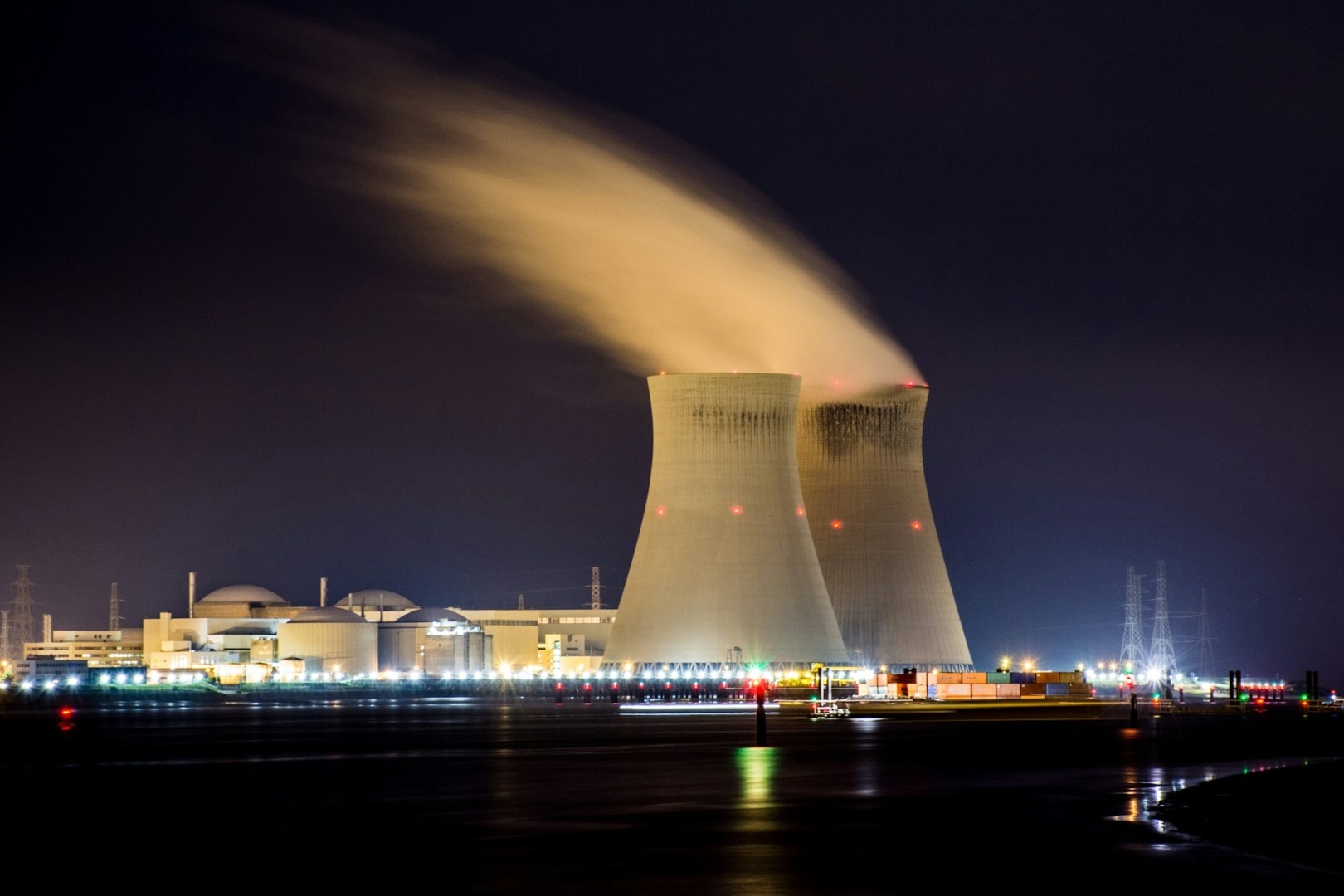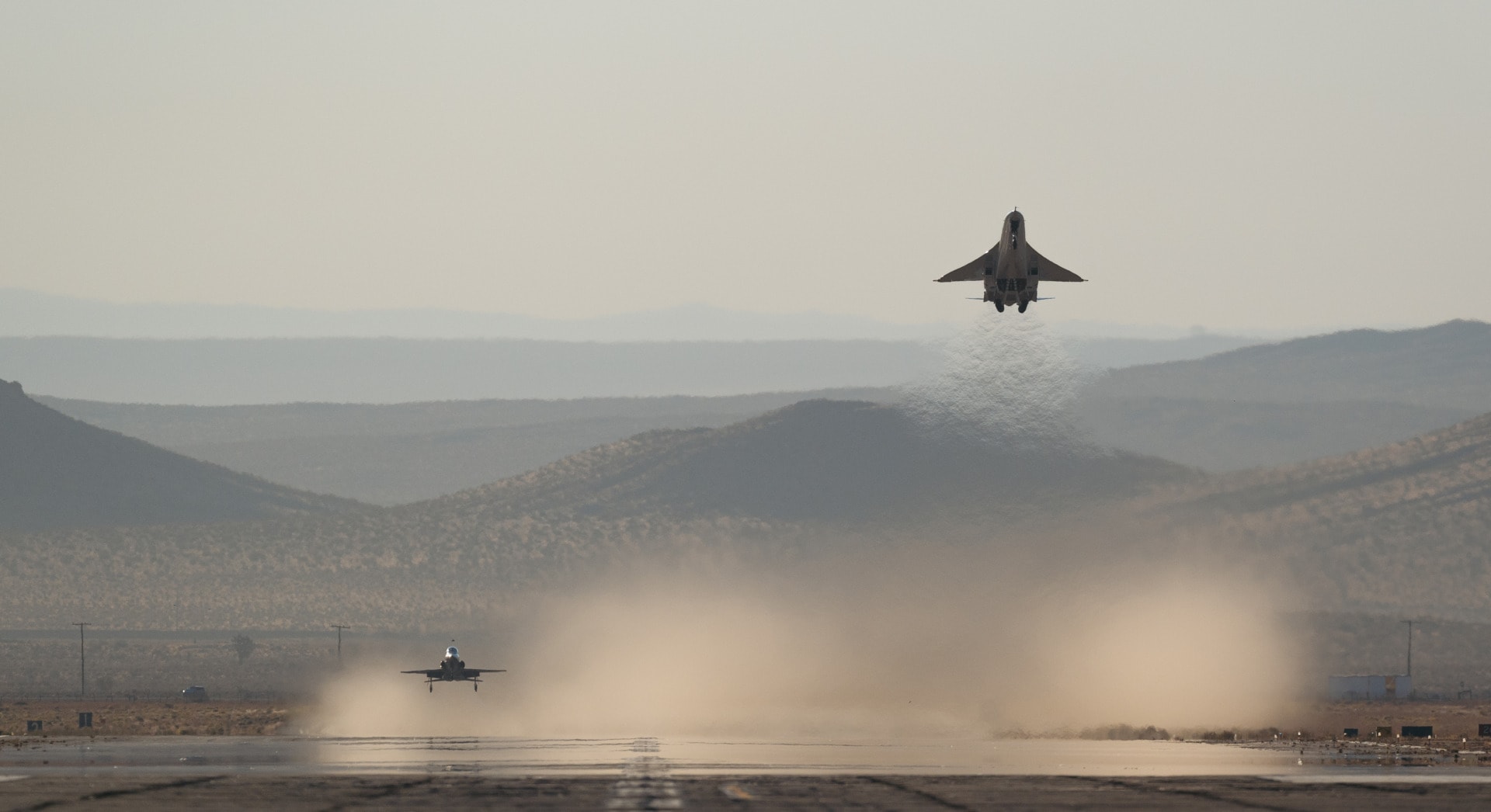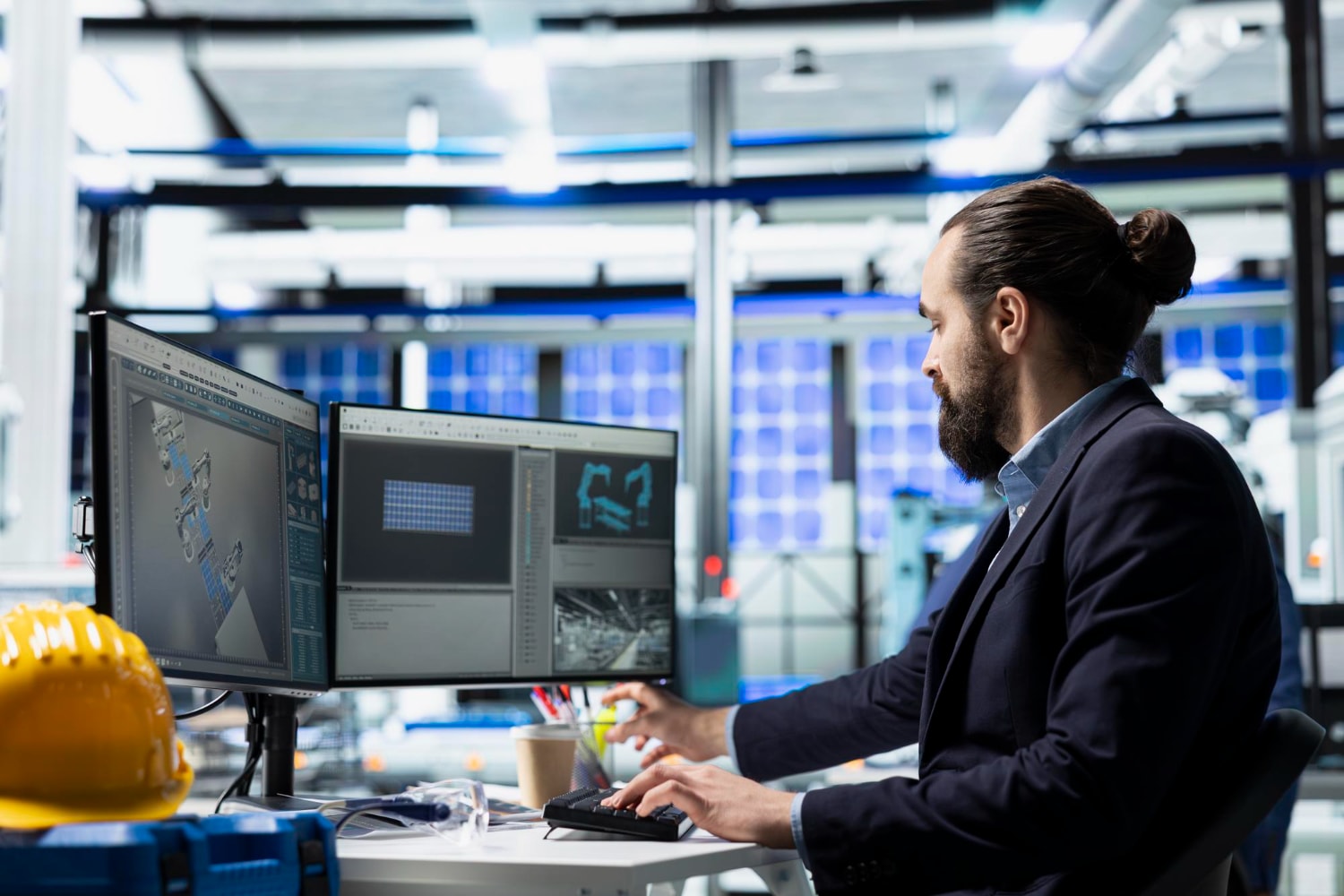Could hydrogen be the solution to make aviation more sustainable? This is exactly what Los Angeles-based startup Hydroplane thinks. Launched in 2020, Hydroplane wants to be at the forefront of this sector and has already received support from the US Air Force which signed two contracts with Hydroplane to develop new technologies with governments and commercial aviation applications.
Hydroplane is at the moment working on a modular 200-kW (270 hp) hydrogen fuel cell powerplant for its experimental aircraft, general aviation, and urban air mobility markets. What differentiates and makes Hydroplane’s fuel cell better compared to electric battery-powered alternatives is that it outperforms them in terms of endurance and it does so while also having much shorter times to refuel – refueling hydrogen takes a much shorter time compared to recharging a battery. Furthermore, battery-powered aerial vehicles have a low payload fraction and thermal stability concerns.

Having received funds from the US Air Force’s prestigious Agility Prime Program, Hydroplane’s novel electric propulsion powerplant should replace combustion-piston-driven engines in currently certified, experimental, and future aircraft.
RELATED ARTICLES: How Commercial Aviation is Addressing Climate Change | Fit for 55: EU Approves Greener Aviation Fuels | Cemvita Factory, Developing A New Sustainable Fuel For Aviation | Six Ideas to Make Aviation More Sustainable |
Hydroplane’s novel fuel cell stack and balance plant is designed for single-engine aviation as it is lightweight with a compact form factor, highly durable, and emits only water. Hydroplane is on track to fly its demonstrator aircraft in 2023.
Founded by former NASA engineer Dr. Anita Sengupta, Hydroplane Ltd. is a minority woman-owned small business focused on eliminating aviation carbon emissions. Sengupta is an aerospace engineer, rocket scientist, aerospace executive, and instrument-rated pilot who has developed technologies that have enabled the exploration of Mars, asteroids, and deep space for 22 years.
Her career began with launching vehicles and communication satellites at Boeing Space and Communications. She then worked for NASA for 16 years where her engineering projects included her Ph.D. research on developing the electric propulsion system for the Dawn Mission, the supersonic parachute that landed the Curiosity rover on Mars in 2012, and the Cold Atom Laboratory an atomic physics facility on board the International Space Station. After a stint at Hyperloop and spending several years in the eVTOL sector she decided to launch Hydroplane in 2020.

Hydroplane’s idea is that their modular hydrogen fuel cell powerplant could have a wide range of aircraft and mobile energy storage applications.
In aviation, aerial platforms using Hydroplane’s hydrogen powerplant will achieve a regional range with lower maintenance costs than piston or turbine engines with the only exhaust product being water. But that is not the only advantage: electric propulsion also significantly reduces noise inside and outside.
While there has been a lot of buzz around electric cars, aviation is clearly struggling to become more sustainable. Battery technology currently used on electric cars could only allow for very short hops on planes, this is why alternatives like hydrogen could be an interesting solution.
Hydroplane is clearly one of the leading startups in this sector and we are looking forward to seeing the hydrogen-powered plane taking off next year!
Editor’s Note: The opinions expressed here by Impakter.com columnists are their own, not those of Impakter.com –In the Featured Photo: The plane that is currently used to develop Hydroplane’s fuel cell. Photo credit: Hydroplane.















